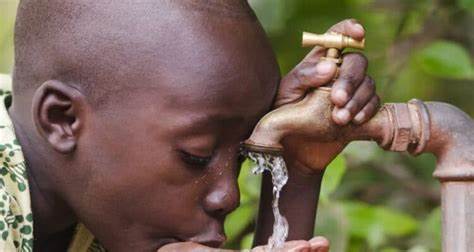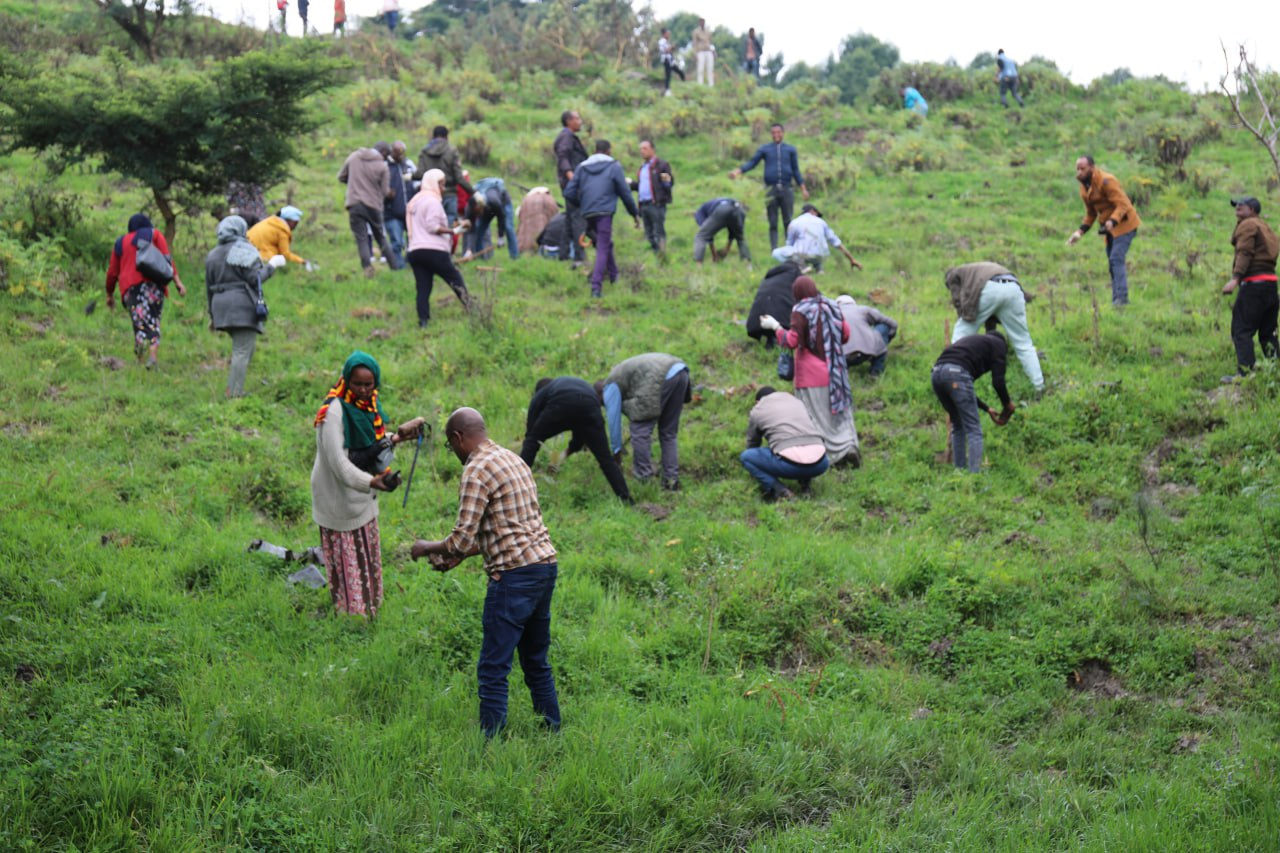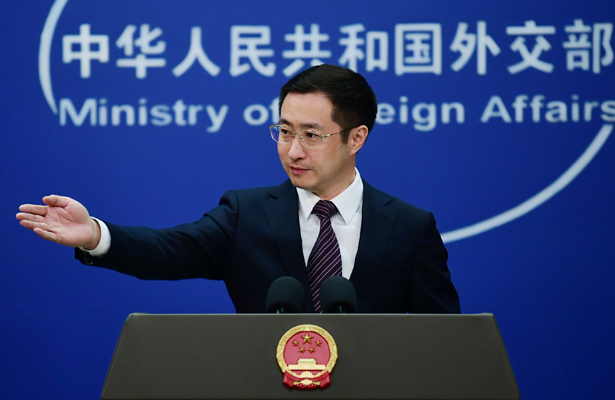Nigerian President Bola Tinubu has commissioned a China-assisted water supply project in Abuja, the national capital, and pledged commitment to sustainable infrastructure that directly improves citizens’ lives.
Executed by Chinese firm CGCOC GROUP Co., Ltd., the 470-million-U.S.-dollar Greater Abuja Water Supply Network, Loops 1, 2, 5, and 6, was commissioned on Monday. It was initially awarded in 2017 under a tripartite financing arrangement involving 85 percent support of the funds from the Export-Import Bank of China, Nigeria’s federal government, and the Federal Capital Territory Administration (FCTA).
Hailing the “substantially completed” water project, Tinubu described the water network as “a transformative effort to guarantee safe, sustainable, and sufficient water for homes, institutions, and communities across the capital city.”
“Water is life. It is not a luxury. It is a basic human right and a foundation for public health, urban development, and economic growth,” the president said, emphasizing that his administration’s Renewed Hope Agenda would continue to focus on delivering tangible, people-centered projects that impact Nigerians’ daily lives.
The commissioning was listed as one of the FCTA’s landmark projects, marking the president’s second year in office.
Tinubu thanked the international development partners, particularly the Chinese government and the CGCOC Group, for their collaboration on the project.
“We are showing the world that partnership built on mutual respect and shared prosperity can deliver real impact,” he said.
Speaking earlier at the ceremony, Zhang Yi, charge d’affaires of the Chinese embassy in Nigeria, noted that the project, as the “main artery” of Abuja’s water supply system, has tripled the city’s daily water supply capacity, from 240,000 cubic meters to 720,000 cubic meters. It can provide clean and reliable water to at least three million people in the city.
“The successful completion of this project well demonstrates China’s consistent and unwavering support for Nigeria’s infrastructure development and socioeconomic progress,” Zhang said.
The project had trained a large number of local professionals in water supply and pipeline technologies, creating over 3,000 direct and indirect jobs, injecting new vitality into capacity building, economic growth, and social development in the Nigerian capital, according to CGC Nigeria, a wholly-owned subsidiary of CGCOC GROUP Co., Ltd.
The new loops are designed to serve at least 50 districts across Abuja, including significantly improving access to potable water in the capital city’s northern and southern development corridors.
Of the planned 10 loops created for the water supply network, Loops 3 and 4 are already operational, supplying water from four completed storage tanks.
According to the city’s master plan, the Greater Abuja Water Supply Project involves the construction of additional pipeline networks — Loops 1, 2, 5, and 6.
The project includes installing secondary trunk lines to ensure effective distribution to end users, with 425 km of ductile iron pipes, ranging from 200 mm to 1,500 mm in diameter, laid, comprising 256 km of main trunk lines and 169 km of distribution lines. The project also includes 1,670 appurtenances, such as valves and air release systems.
According to Zhong Xiang, managing director of CGC Nigeria, since 2001, the Chinese firm has been a leader in the most populous African country’s water sector, constructing over 100 treatment plants across all 36 states. It has also provided end-to-end solutions, including investment, consultancy, construction, and operation, consistently delivering safe water to more than 10 million Nigerians.
“As a bridge for China-Africa cooperation, we remain committed to advancing this vision and contributing to the growth of China-Nigeria relations,” he said. Enditem
Source: Xinhua
Share Us



